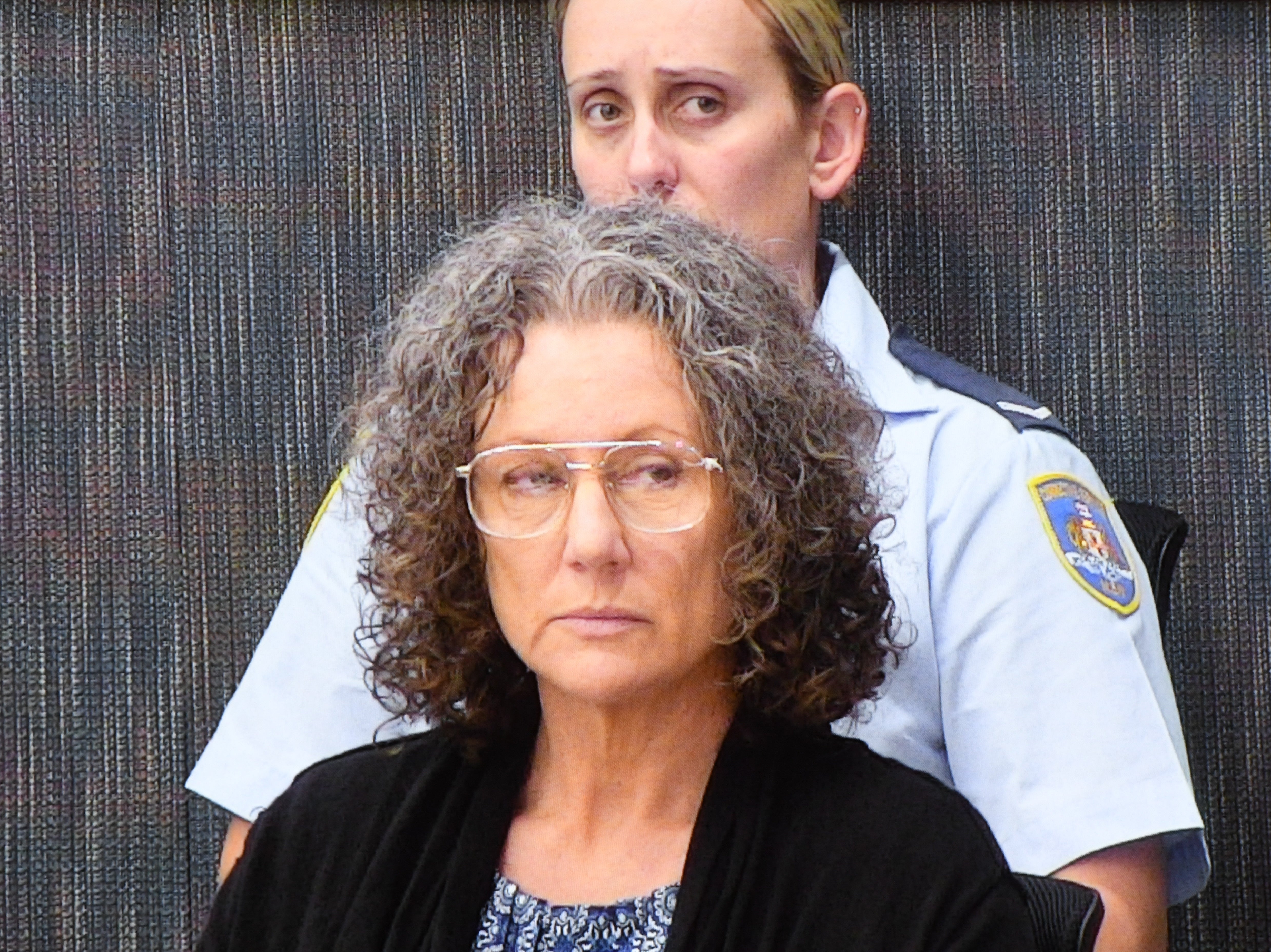Kathleen Folbigg: Australian mother convicted of killing her four children petitions for a pardon
Dozens of scientists back claim infants may have died of natural causes and 53-year-old is victim of miscarriage of justice

Your support helps us to tell the story
From reproductive rights to climate change to Big Tech, The Independent is on the ground when the story is developing. Whether it's investigating the financials of Elon Musk's pro-Trump PAC or producing our latest documentary, 'The A Word', which shines a light on the American women fighting for reproductive rights, we know how important it is to parse out the facts from the messaging.
At such a critical moment in US history, we need reporters on the ground. Your donation allows us to keep sending journalists to speak to both sides of the story.
The Independent is trusted by Americans across the entire political spectrum. And unlike many other quality news outlets, we choose not to lock Americans out of our reporting and analysis with paywalls. We believe quality journalism should be available to everyone, paid for by those who can afford it.
Your support makes all the difference.An Australian woman convicted of killing her four children 18 years ago is petitioning for a pardon.
Kathleen Folbigg, now 53, was found guilty of three charges of murder and one of manslaughter and sentenced to 30 years in prison in 2003.
But almost two decades later dozens of scientists are backing the claim the children may have died of natural causes and that their mother could be the victim of a miscarriage of justice.
Now Folbigg’s freedom hinges on a petition to the New South Wales state governor for a pardon “based on significant positive evidence of natural causes of death” in all four cases.
The petition lodged in March carries the signatures of 90 scientists, medical practitioners and related professionals including two Nobel laureates.
But breakthroughs in science have yet to overcome judges’ verdicts on Folbigg's credibility.
Just weeks after the petition was launched, three judges threw out her challenge to retired Justice Reginald Blanch's decision in 2019 to uphold her convictions.
Her appeal had been based on new scientific evidence, including the children's genome sequencing.
After her court defeat, Folbigg said in a statement written from prison through her friend Tracy Chapman that the verdict and the petition raised “valuable questions about how we got here”.
“Many international eyes are now on this case and there're many more Australians rightly asking why Kath's still in prison after 18 years when there's mounting scientific evidence relating to her innocence,” Ms Chapman wrote on behalf of her childhood friend.
The three appeal court judges found there was ample evidence for Mr Blanch to conclude Folbigg was guilty.
But signatories of the petition for a pardon disagree.

The Australian Academy of Science president John Shine accused the three appeals court judges of adopting the same “incorrect conclusions about the genetic evidence” as Mr Blanch.
"It is deeply concerning that there is not a mechanism to appropriately weigh up all medical and scientific evidence in a case of this nature,” Mr Shine said.
He added: “There is now an alternative explanation for the death of the Folbigg children that does not rely on circumstantial evidence.”
Folbigg’s first child Caleb was born in 1989 and died 19 days later in what a court determined to be the lesser crime of manslaughter.
Her second child Patrick was eight months old when he died in 1991.
Two years later, Sarah died aged 10 months. In 1999, Folbigg's fourth child Laura died at 19 months. Folbigg was the first on the scene of each tragedy.
An autopsy found Laura had myocarditis – an inflammation of heart muscle that can be fatal.

Patrick suffered epilepsy and his death had been attributed to an airway obstruction due to a seizure and an infection. The other two were recorded as sudden infant death syndrome (SIDS).
Paediatric geneticist Professor Jozef Gecz, who signed the pardon petition, acknowledged the evidence of natural causes was stronger in the girls' deaths than the boys.
But he said investigations were continuing into potential leads to genetic causes of the boys' deaths.
Despite scientific breakthroughs, Prof Gecz said the legal fraternity still embraced so-called Meadow's Law, a discredited maxim attributed to British paediatrician Roy Meadow, who said: “One cot death is a tragedy, two cot deaths is suspicious and, until the contrary is proved, three cot deaths is murder.”
“We know now from a lot of our work with families who are unfortunate in that they carry genetic risk that it does happen,” said Prof Gecz, who works with children suffering rare and fatal disabilities.
The criminal case against Folbigg was circumstantial and relied on interpretations of vague entries she had made in diaries, one of which her estranged husband Craig Folbigg read and reported to police.
Additional reporting by Associated Press



